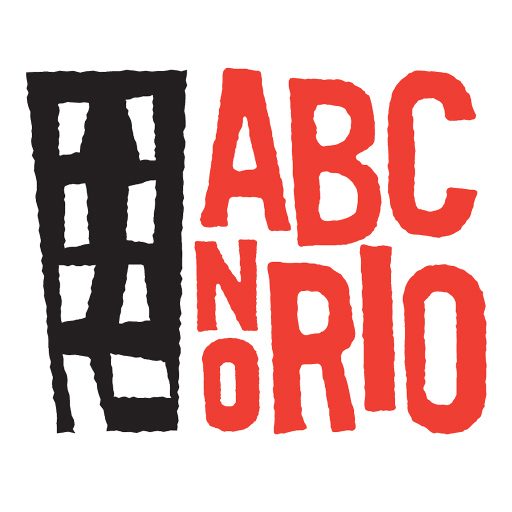The ABC No Rio zine library is open to the public. Our collection includes independent, underground and alternative publications on subjects such as music, culture, activism, politics, personal experience, gender, health and self-education. We have a special interest in zines addressing neighborhood, political and social issues.
For those interested in volunteering, we welcome zine library volunteers, both with and without library training or experience. Contact us at: zine (@) abcnorio.org
ZINE LIBRARY HOURS:
Tuesdays: 5:00 – 7:30pm
Thursdays: 5:00 – 7:30pm
Fridays: 12:00 – 3:00pm
Sundays: 12:00 – 3:00pm
ADDRESS:
The Clemente, #305 (3rd floor), 107 Suffolk Street, NY, NY, 10002

ABOUT THE ABC NO RIO ZINE LIBRARY
The ABC No Rio Zine Library began in the spring of 1998 when we rescued the Blackout Zine Library from a squat in the South Bronx that was facing eviction. Since then our library has grown from approximately 3,000 to over 13,000 publications. Our collection includes independent, underground and alternative publications on subjects such as music, culture, politics, personal experience, gender, health and self-education. We have a special interest in zines addressing neighborhood, political and social issues.

Our Zine Library focuses on the following:
1) Zines that emerge from, or cover, NYC’s Lower East Side and downtown Manhattan. In particular, these zines highlight the creative practices for which the area is renowned (art, performance, fiction, poetry as well as politics) and serve as crucial documentation for events and movements that are largely left out of history.
2) Zines that are embedded in countercultures, subcultures, political scenes, DIY communities, and/or social movements. Some zines are individually made, but many are collectively produced. While some zines focus on a taste community (music) or lifestyle (veganism), we stress the ways those aesthetics and lifeways are grounded in subcultural belonging.
3) Zines that directly address social relations. Even when created individually, the personal expression explores how individual experiences are born out of asymmetrical social conditions (gender, race, class, sexuality).
4) Zines that engage in DIY practical advice-giving, covering such areas as parenting, education, health, dating, and peer support.

In addition to zine aficionados, our zine library is a resource for students, scholars, journalists and others who use our library for specialized research in the fields of art and music history, sociology, ethnography, and political science.
We’ve used materials from our Zine Library in numerous exhibitions. In 2019 we collaborated with the Museum of Reclaimed Urban Space on “History in a Box,” which explored the culture and politics of lower Manhattan in the 80s and 90s through zines and neighborhood newspapers from our library and the MoRUS archives.
In 2014 the Center for Book Arts mounted “Zines+ and the World of ABC No Rio” which reflected, through zines, the themes, values and ideas animating ABC No Rio from its founding to the present. We’ve lent zines from our library for the 2019/20 “Urban Indian” exhibition at the Museum of the City of New York and for the 2014 “Sexing Sound: Music Cultures, Audio Practices, and Contemporary Art” project at the CUNY Grad Center’s Center for the Humanities.
Our zine exhibition history dates back to 2007’s “The Art in Zines,” which examined the varied approaches in cover art, illustration, and layout and design found in zines over several decades.

Zines are vital as alternative information sources. Zine collections inspire new generations of zine makers by demonstrating the sheer numbers and breadth of the types of zines possible. Zine collections allow actors in contemporary social movements to learn about the lineage of their communities. Zines need to be preserved as an archive of our activity for the historical record. ABC No Rio is a cultural space that has emerged from, and remains embedded in, New York City underground and countercultural movements. Like the zines themselves, ABC No Rio has evolved from within these movements.
